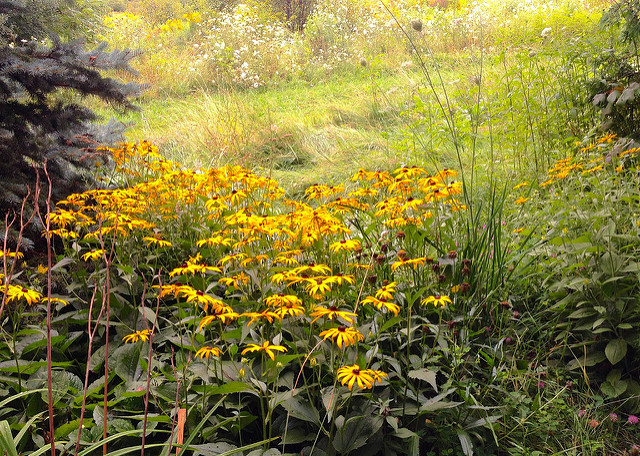** This post is adapted and updated from a guest post I wrote for Eileen Pardini’s blog several years ago.

At the root of many of the world’s problems today is the illusion of separation – between humans and other humans, and especially between humans and the rest of the natural world. Practicing reverence is one way to dissolve that perceived separation.
What is reverence?
1 : honor or respect felt or shown : deference; especially : profound adoring awed respect
2 : a gesture of respect (such as a bow)
3 : the state of being revered
4 : one held in reverence — used as a title for a clergyman
(Merriam-Webster)
Respect is key.
Reverence holds all things and beings (including ourselves) with respect. It brings an aspect of humility and equanimity to all relationships. Everything and everyone is worthy of being here and has a unique contribution to make.
If we approached everything and everyone as worthy of respect, having a right to be here, and having something to teach, we’d realize how deeply connected and interdependent we all are. Our actions affect others, just as others’ actions affect us.
To approach the natural world with reverence means that we become more aware of the fruits of our actions – how they affect the world we live in. We would not be blowing up mountains for coal, or overfish, or destroy the soil.
When we eat food with reverence, we become aware of where it came from – all of the people and resources it took to get it to our table. We realize how dependent we are on others for the food we eat. And, we also feel how the quality of our food affects our body for good or ill and how necessary good food is to our health.
“You cannot have healthy people on a sick planet.” ~ Thomas Berry
To approach other human beings with reverence means that we listen with a desire to understand their point of view. We approach conflict with curiosity and a view of what’s best for all, not just for ourselves.
Ways to Practice Reverence
1. Start with yourself.
Practicing reverence towards yourself is important because you can’t be effective in the world without being healthy and self-aware. Take the time to replenish and nourish yourself, in mind, body, and spirit. The mind can be nourished through meditation and inspiring reading or the arts. The body is nourished by good food and exercise and, of course, sleep. And, the spirit is replenished through a balance of silence, time in nature, and in relationships with family and friends. When you take care of yourself, you’re better able to respond to the needs of others and you’ll inspire others to do the same.
2. See and respect others as they are.
You can practice reverence for other human beings by truly seeing them for who they are in this moment. Realize that each person is always evolving and doing the best they can. Accept that they are on their own path and let them make their own decisions.
3. Be attentive to the other than human world.
Finally, you can practice reverence by spending time and attention in the wild, growing plants or food, and caring for animals. You can get to know the place where you live and especially where it’s hurting and what it needs.
It is through the practice of photography that I connect with the world, seeing it as it is, without filters and judgments. The camera helps me to experience and appreciate a world filled with wonders. I think of a photograph as a visual namaste, an honouring of the connection. Of course, any kind of art (painting, drawing, writing, etc.) is wonderful for teaching reverence.
Just being and contemplating works too. Silence teaches reverence. It gives us the space to be more aware of our actions and reactions, defenses, judgments and opinions. Taking time for silence and paying attention to what’s around you – whether in a room, outside taking a walk, or meditating – is an important practice to cultivate.
Powerful thoughts, Kim! I have always felt a reverence for nature, for caring for it and for preserving it. It seems that’s the easy one, reverence to ourselves and others is a little harder.